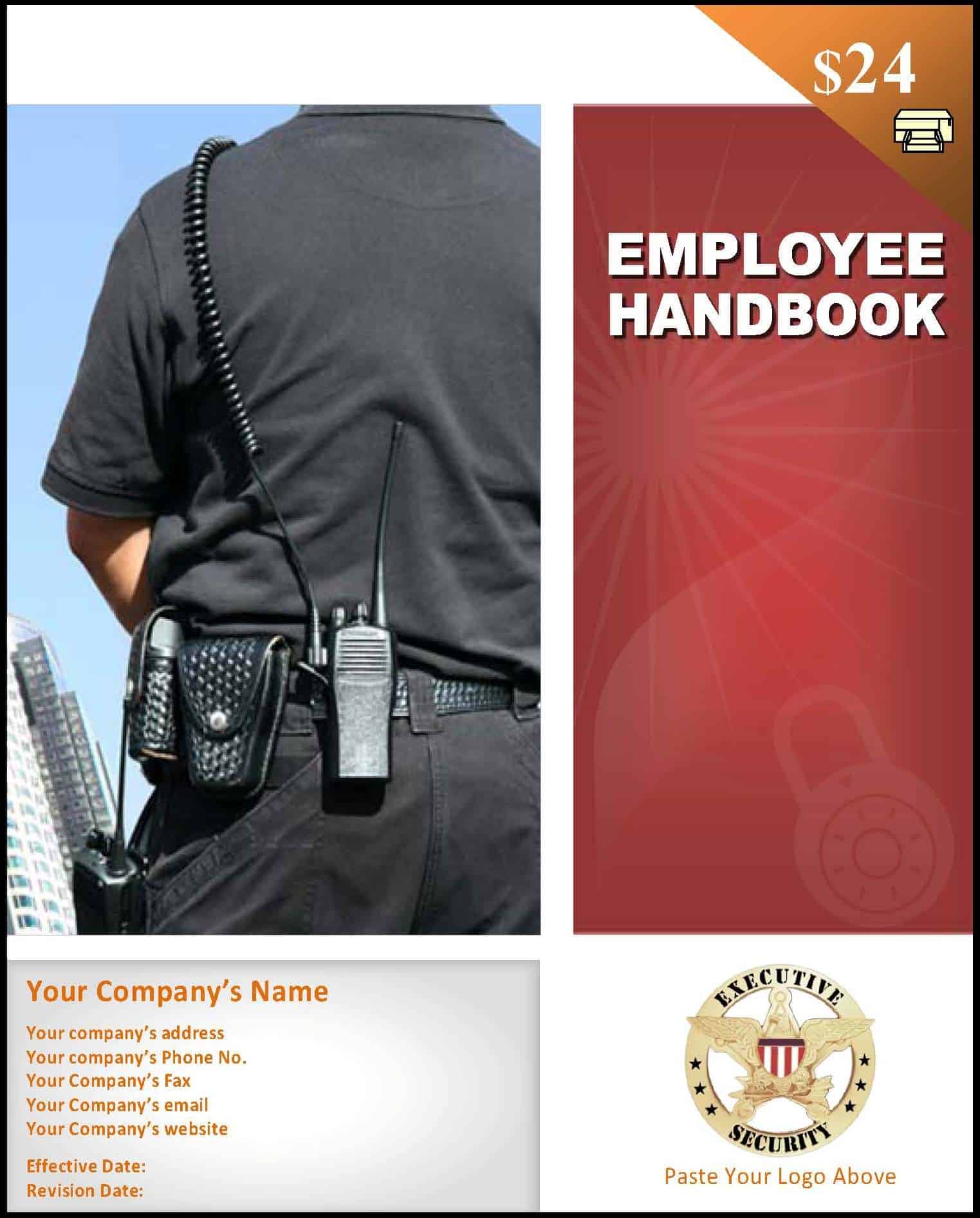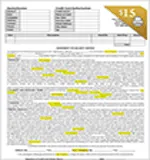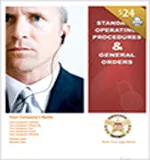Take these other examples into consideration:
1. You notice one of your security guards seems to be under the influence of a drug. You order him to report to the nearest lab and take a drug test. The results come back that he is using marijuana. You fire the security officer. He applies for unemployment and gets it. Think it doesn’t happen? Think again…your company has to have a properly established drug-free work policy and must also state how and when your employees are tested. By the way, when you lose unemployment claims, your experience rating increases, which leads to a higher payroll tax percentage the following year for unemployment.
2. You get a call at 7:55 AM that Security Officer Jones is not coming to work because he has a sore throat. This is the 3rd time this week that Officer Jones has called out for his 8:00 AM shift with 5 minutes notice. You scramble to cover his shift and even lose your contract. Jones goes for unemployment and you lose. Let’s pretend you don’t lose the contract, but you terminate Jones. He applies for unemployment and you lose again. Without a clearly stated policy for sick calls, you are left holding the bag once again.
3. Your night watchman who works at your client’s warehouse decides that he is going home to eat for an hour, returns to the warehouse facility has been vandalized. You lose the contract, the guard applies for unemployment, and you lose. Let’s assume that you don’t lose the contract, but you terminate the guard for leaving the facility. Without a post-abandonment policy, you lose the claim.
Unlike our Standard Operating Procedures, which clearly outlines what your security personnel should do in a particular situation, such as how to handle a sick or injured person, etc…our Employee Handbook was designed to alleviate your liability and create established policies for human resources type situations.
Here’s What’s Inside The Employee Handbook – Security Business:
General Information
Attendance & Punctuality
Code Of Conduct
Personal Conduct
Non-Disclosure Of Information
Employee Files & Privacy
Classification Of Employees
Employment Applications
Immigration Law Compliance
Background Verification Checks
Licensing & Certification
Probationary Period
Selection Of Relatives
Other Employment
Posting Of Other Positions
Transfer Requests
Staff Reduction
Call Off Procedures
No Call / No Show
Post & Employment Abandonment
Termination & Separation Process
Employee Health & Wellness
Drug & Alcohol Screening
Physical Examinations & Medications
Drug & Alcohol-Free Environment
Employee Accidents & Injuries On Duty
Modified Duty
Exposure To Blood Or Bodily Fluids
Safety & Accident Prevention
Illness On Duty
Return To Duty Clearance
Smoke-Free Environment
Employee Compensation
Salary Administration
Pay Practices
Time & Attendance
Paycheck Distribution
Paycheck Advances
Paycheck Shortages
Payroll Deductions
Garnishments & Child Support
Termination Paychecks
Employee Benefits
Paid Vacation
Funeral Leave
Jury Duty
Paid Holidays
Family & Medical Leaves
Leaves Of Absence
Training Programs
Company Training Programs
Employee Information
Equal Opportunity Employer
Learning Culture
Employee Harassment
Employee Violence
Grievance Procedures
Performance Problems & Corrective Action
Chain Of Communication













